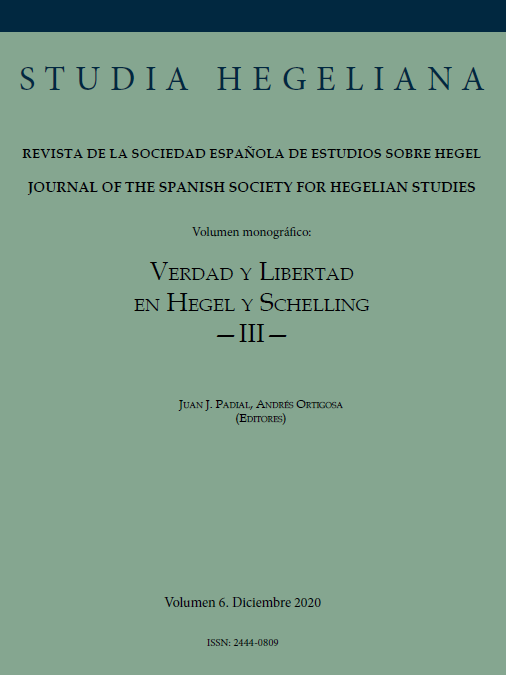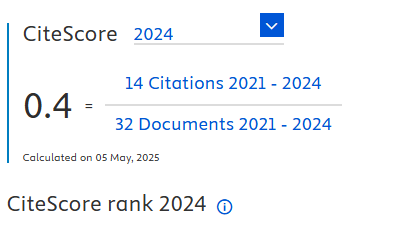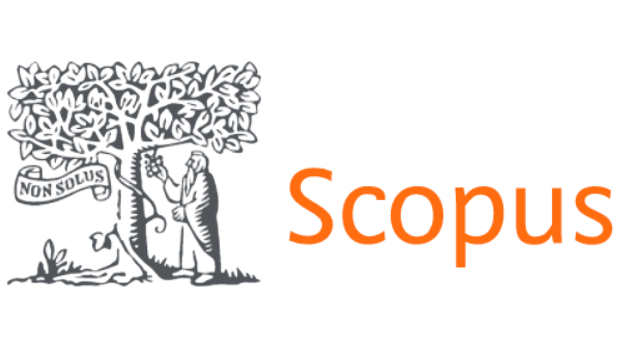Hegel and the dialectics of ideologies (pleasure, heart, virtue)
DOI:
https://doi.org/10.24310/Studiahegelianastheg.v6i.11432Keywords:
HEGEL, IDEOLOGY, MORALITY, POLITICSAbstract
Can we read The Phenomenology of Spirit as a theory of ideology? Starting from what Kojève calls the «dialectic of ideologies» (pleasure, heart, virtue), we find not only an investigation into the role of desire in the formation of those figures of consciousness, but also a reflection about the way in which we conceive politics in the modern age. Hegel’s political thought is, here, an alternative to moralising narratives of history. Instead, we must stand for the primacy of labour and praxis in every project of social transformation.
Downloads
Metrics
Publication Facts
Reviewer profiles N/A
Author statements
Indexed in
-
—
- Academic society
- N/A
- Publisher
- Universidad de Málaga
References
- Fenomenología del espíritu, tr. Antonio Gómez Ramos. Madrid: Abada, 2010.
- Fenomenología del espíritu, tr. Manuel Jiménez Redondo. Valencia: Pre-Textos, 2006.
- Principios de la filosofía del derecho. Barcelona: Edhasa, 2005.
Obras sobre Hegel
Gómez Ramos, Antonio: «El devenir de la moralidad: el placer, el corazón y la virtud (comentario al capítulo V.B. de la Fenomenología del espíritu de Hegel)», en Felix Duque (ed.), Hegel: la odisea del espíritu. Madrid: Círculo de Bellas Artes, 2010, pp. 127-149.
Kojève, Alexandre: Introducción a la lectura de Hegel. Madrid: Trotta, 2013.
Valls Plana, Ramón: Del yo al nosotros. Lectura de la Fenomenología del Espíritu de Hegel. Barcelona: PPU, 1994.
Otros
Alemán, Jorge: Para una izquierda lacaniana. Buenos Aires: Grama, 2010.
Athusser, Louis: «Idéologie et Appareils Idéologiques d’État», en Sur la reproduction. Paris: P.U.F., 1995, pp. 269-314.
Dolar, Mladen: «Beyond interpellation», Qui Parle, 6: 2 (Primavera-verano de 1993), pp. 75-96.
Dor, Joël: Introducción a la lectura de Lacan. La estructura del sujeto. Barcelona: Gedisa, 1994.
Freud, Sigmund: «La dinámica de la transferencia», en Obras Completas, t. 5. Madrid: Biblioteca Nueva, 2007, pp. 1648-1653.
_______________: «La iniciación del tratamiento», en Obras Completas, t. 5, O, Cit., pp. 1661-1674.
_______________: «Observaciones sobre el amor de transferencia», en Obras Completas, t. 5, O. Cit., pp. 1689-1696.
Kierkegaard, Sören: «Los estadios eróticos inmediatos o el erotismo musical», en Kierkegaard (Biblioteca de grandes pensadores). Madrid: Gredos, 2010, pp. 146-248.
Lacan, Jacques: «Du discours psychanalitique», en Lacan in Italia 1953-1978. En Italie Lacan, Milan: La Salamandra, 1978, pp. 32-55. Disponible online en http://ecole-lacanienne.net/wp-content/uploads/2016/04/1972-05-12.pdf (08/2017).
_______________: El seminario, Libro 5. Las formaciones del inconsciente. Buenos Aires: Paidós, 2003.
_______________: El seminario 16. De un otro al Otro. Barcelona: Paidós, 2008.
Laplanche, Jean y Pontalis, Jean-Baptiste: Diccionario de psicoanálisis. Barcelona: Labor, 1971.
Lenin, Vladímir Ilich: «Cuadernos filosóficos», en Obras completas, t. 29. Moscú: Progreso, 1986.
Marx, Karl: El capital, Volumen 1. Madrid: Siglo XXI, 1975.
Marx, Karl y Engels, Friedrich: La sagrada familia. Madrid: Akal, 2013.
Monedero, Juan Carlos: Curso urgente de política para gente decente. Barcelona: Seix Barral, 2013.
Žižek, Slavoj: The sublime object of ideology. London; New York: Verso, 1989.
Downloads
Published
How to Cite
Issue
Section
License
This journal provides immediate free access to its content under the principle of making research freely available to the public. All contents published in Studia Hegeliana. Journal of the Spanish Society for Hegelian Studies, are subject to the Creative Commons Attribution-NonCommercial-ShareAlike 4.0 licence (specifically, CC-by-nc-sa), the full text of which can be found at <http://creativecommons.org/licenses/by-nc-sa/4.0>. Derivative works are therefore permitted as long as they are not used for commercial purposes. The original work may not be used for commercial purposes. The journal is not responsible for the opinions expressed by the authors of the works published in it.
It is the authors' responsibility to obtain the necessary permissions for images that are subject to copyright.
Authors whose contributions are accepted for publication in this journal retain the copyright. It is non-exclusive right to use their contributions for scholarly, research and educational purposes, including self-archiving or deposit in open access repositories of any kind.
Since volume 7 of 2021 the journal Studia Hegeliana has changed the copyright. Since that year the authors have retained the copyright.
The electronic edition of this journal is published by the Editorial de la Universidad de Málaga (UmaEditorial), being necessary to cite the source in any partial or total reproduction.







244.png)




















